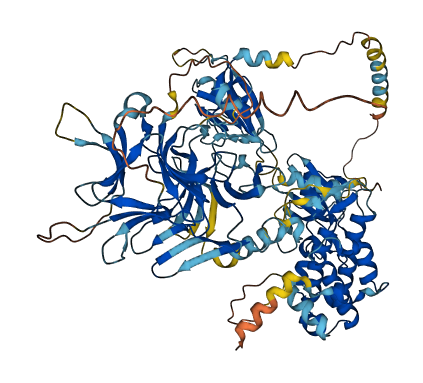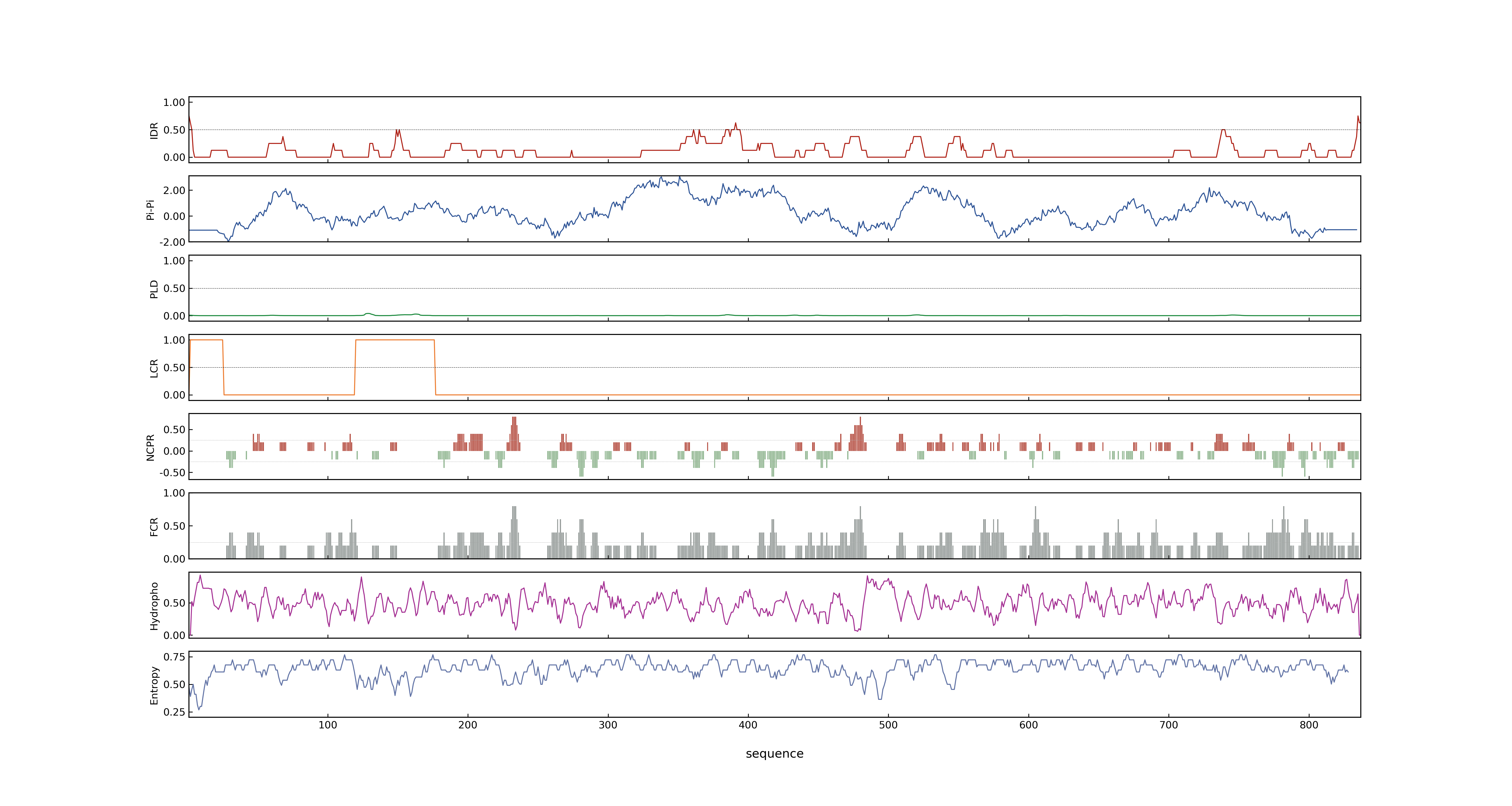- Information
- Symbol: OsSIK2
- MSU: LOC_Os07g08860
- RAPdb: Os07g0186200
- PSP score
- LOC_Os07g08860.1: 0.8971
- PLAAC score
- LOC_Os07g08860.1: 0
- pLDDT score
- 79.58
- Protein Structure from AlphaFold and UniProt
- MolPhase score
- LOC_Os07g08860.1: 0.56885832
- MolPhase Result
- Publication
-
Genbank accession number
- Key message
- These results indicate that OsSIK2 may integrate stress signals into a developmental program for better adaptive growth under unfavorable conditions
- Here, we report that OsSIK2, an S-domain receptor-like kinase from rice (Oryza sativa), is involved in abiotic stress and the senescence process
- An S-domain receptor-like kinase, OsSIK2, confers abiotic stress tolerance and delays dark-induced leaf senescence in rice
- Transgenic plants overexpressing OsSIK2 and mutant sik2 exhibit enhanced and reduced tolerance to salt and drought stress, respectively, compared with the controls
- Interestingly, a truncated version of OsSIK2 without most of the extracellular region confers higher salt tolerance than the full-length OsSIK2, likely through the activation of different sets of downstream genes
- The downstream PR-related genes specifically up-regulated by full-length OsSIK2 or the DREB-like genes solely enhanced by truncated OsSIK2 are all induced by salt, drought, and dark treatments
- OsSIK2 is expressed mainly in rice leaf and sheath and can be induced by NaCl, drought, cold, dark, and abscisic acid treatment
- Moreover, seedlings of OsSIK2-overexpressing transgenic plants exhibit early leaf development and a delayed dark-induced senescence phenotype, while mutant sik2 shows the opposite phenotype
- Connection
Prev Next

